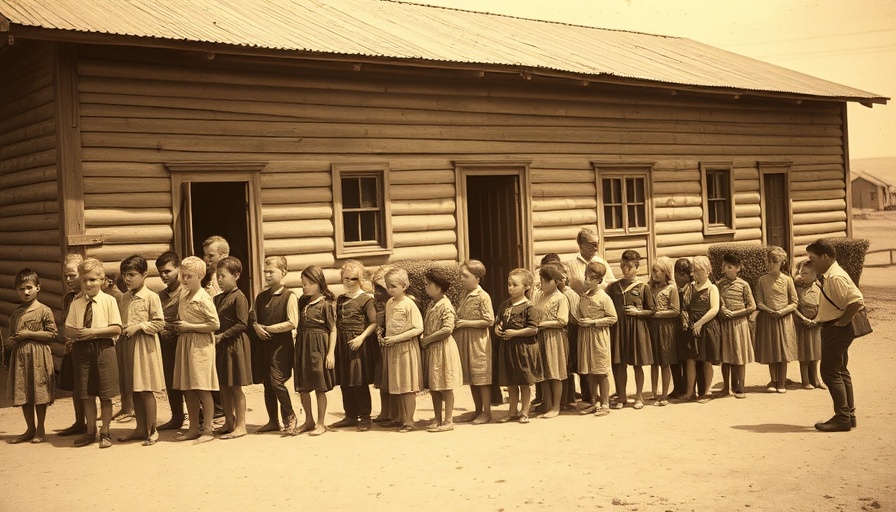
Examining the Legacy of Anti-Literacy Laws in Education
The historical backdrop of literacy for Black Americans reveals a disturbing narrative—one still echoed in today's education systems. Despite the gains made during the Civil War era, the long shadow of anti-literacy laws continues to influence contemporary educational policies. Derek W. Black, in his compelling book "Dangerous Learning: The South’s Long War on Black Literacy," chronicles this struggle and connects past injustices to present hurdles faced by educators and learners alike.
Critical Race Theory: Echoes from the Past
Black draws parallels between the fears that sustained anti-literacy laws of the 19th century and today's controversies surrounding Critical Race Theory (CRT). The vigilant atmosphere surrounding CRT in education mirrors the paranoia that once surrounded Northern literature in Southern states. In both instances, there exists a fear of the power embedded in knowledge and how it may upend societal structures.
Lessons from the Sea Islands Experiment
The push for universal education began triumphantly on the Sea Islands of South Carolina during the Civil War, where thousands of Black children experienced literacy for the first time in a systematic way. This experiment reflected a profound shift in educational accessibility, as it fostered generations of Black leaders who would impact the Reconstruction era and beyond. The success of this initiative underscores the importance of inclusive education practices even in modern contexts.
The Unyielding Spirit of Learning
Despite oppressive laws designed to thwart their literacy, many Black individuals found ways to learn, often risking severe punishment for doing so. Figures like Frederick Douglass exemplified the tenacity of those who, even in the face of injustice, sought knowledge ‘by any means necessary.’ Today, this resilience serves as a beacon, urging both students and educators to prioritize education as a tool for empowerment.
Addressing Contemporary Challenges
As Black highlights, contemporary educational systems must reflect on historical missteps to build environments that promote learning without discrimination. The ongoing fight against book bans and restrictions targeting discussions of race, equity, and representation in curricula remains crucial in securing an inclusive future for education.
Understanding the lessons learned from the past enables educators to create avenues for upskilling and innovation that can reshape the current landscape of education and technology.
 Add Row
Add Row  Add
Add 




Write A Comment